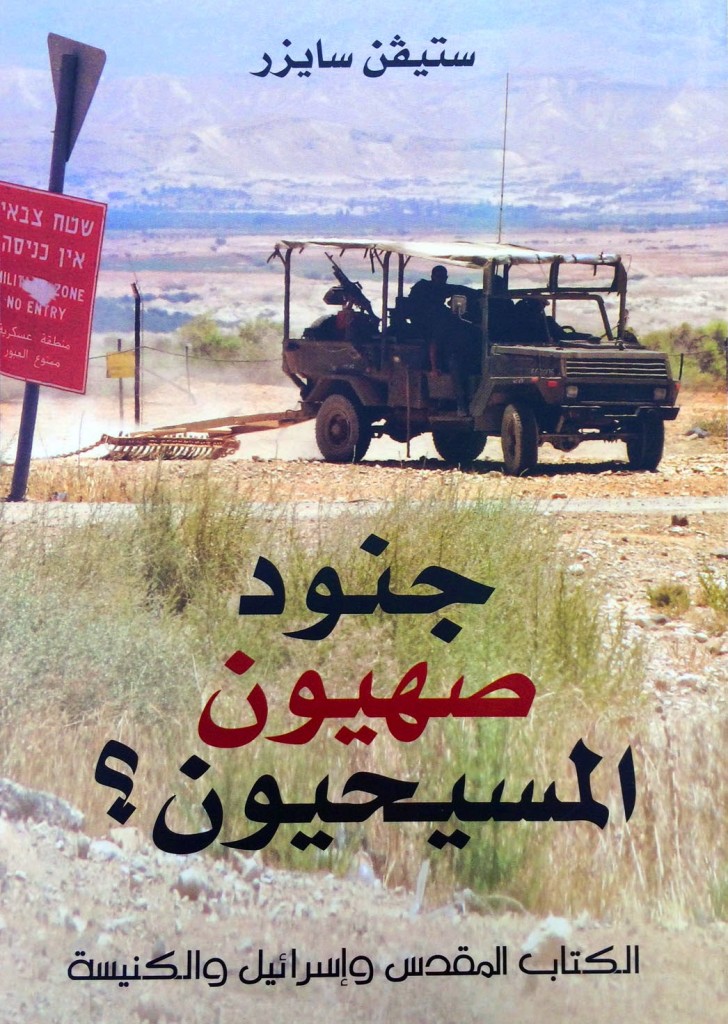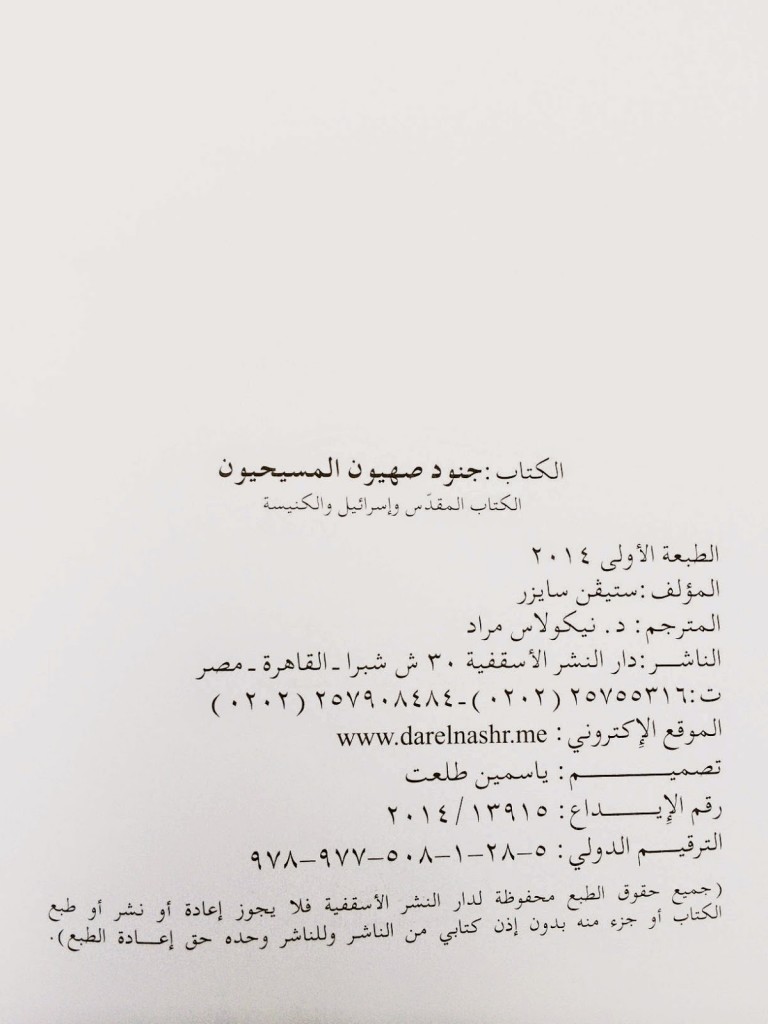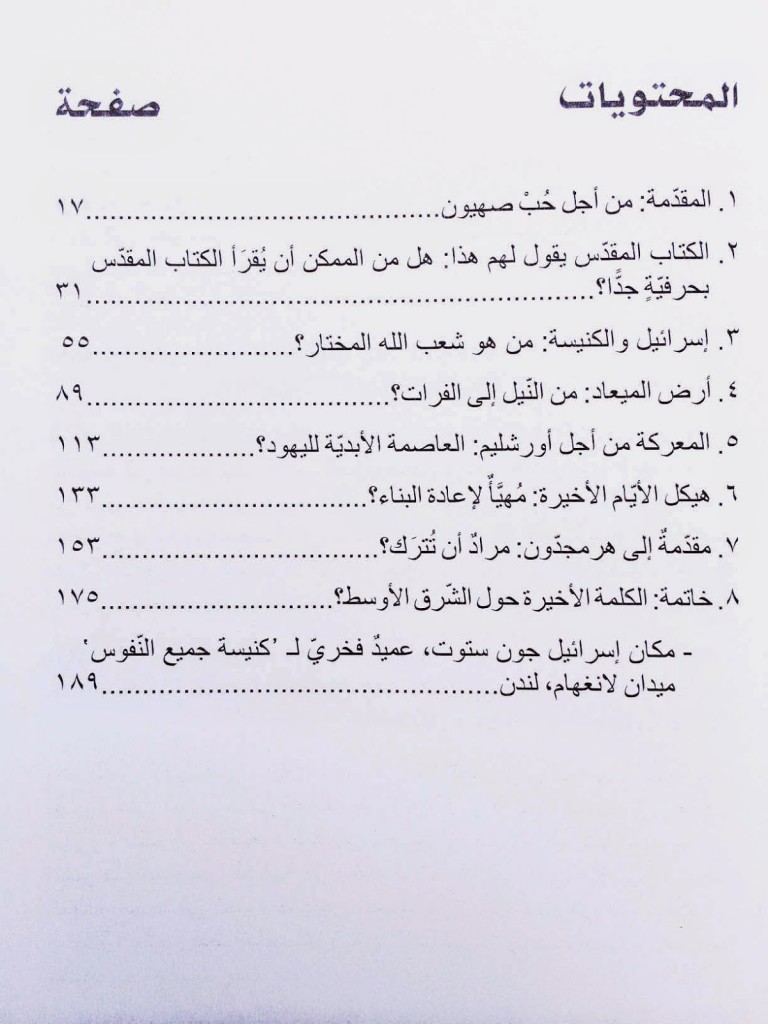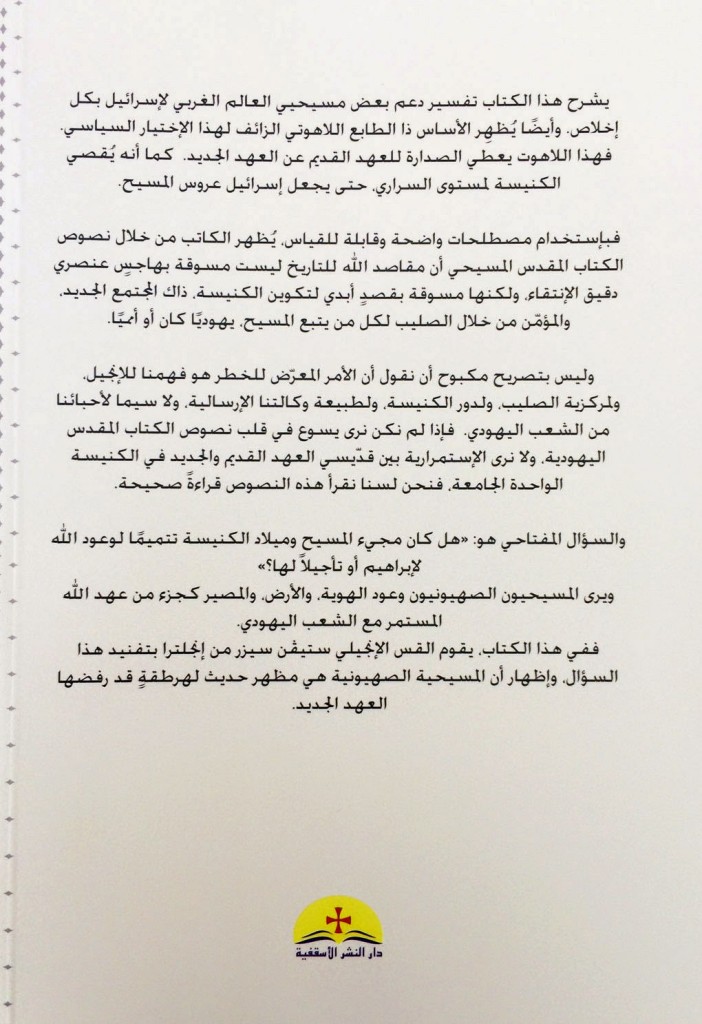 Which is your favourite Psalm? Which do you think is the most popular Psalm of all? Which is the most frequently quoted, the most likely memorised, or the most repeatedly sung? Psalm 23. But which is the most frequently quoted Psalm in the New Testament? This one. Psalm 2. What does that say about us? Perhaps we are closer to the sentimentality of Victorian paintings of shepherds and sheep than we are to the Early Church who saw this as a psalm of Jesus. In its initial sense, the psalm is clearly referring to the coronation of David.
Which is your favourite Psalm? Which do you think is the most popular Psalm of all? Which is the most frequently quoted, the most likely memorised, or the most repeatedly sung? Psalm 23. But which is the most frequently quoted Psalm in the New Testament? This one. Psalm 2. What does that say about us? Perhaps we are closer to the sentimentality of Victorian paintings of shepherds and sheep than we are to the Early Church who saw this as a psalm of Jesus. In its initial sense, the psalm is clearly referring to the coronation of David.
It predicts the opposition he will experience as king and looks forward to the eventual subjugation of his enemies. But beyond any doubt one greater than David is described here. There are several phrases in this psalm, which are not at all applicable to king David. Not even the highest angel could warrant the affirmation, “You are my Son; this day have I become your Father.” (Psalm 2:7; Hebrews 1:5). And just as that title was inapplicable to David, so it could never be said of him, that God would make “the nations your inheritance, the ends of the earth your possession.” (Psalm 2:8). Moreover, the expression, “Kiss the Son,” (Psalm 2:12) implies an act of divine worship.
It is clear then, that this psalm describes, not earthly, but heavenly things. Who then is “the Lord’s Anointed”?
King David and Jesus the Anointed Son: Psalm 2 from Stephen Sizer on Vimeo.
!–more–>History shows that this Psalm was understood to have Messianic significance well before the coming of Jesus Christ. Which perhaps is why Psalm 2 is quoted by the Apostles Peter and John in Acts (Acts 4:24-28). By Paul in Acts (Acts 13:32-33). By the writer to Hebrews (Hebrews 1:5; 5:5). And by John in Revelation (Revelation 2:26-27; 12:5; 19:15-19). Why?
Why was this psalm so important to the Early Church? Because they recognised in it a beautiful prophecy concerning the Lord Jesus Christ. What was it then that they appreciated and perhaps we need to rediscover? This short psalm contains four profound truths that reveal different aspects of the gospel.
1. Resistance to God is Foreseen: Because Jesus is Hated by the Nations
Why do the nations conspire and the peoples plot in vain? The kings of the earth rise up and the rulers band together against the LORD and against his anointed, saying, “Let us break their chains and throw off their shackles.” (Psalm 2:1-3)
This psalm plunges straight into the question that is on the front pages of every newspaper today. Why is this world in such a mess? The answer? Because our world is in a state of defiant rebellion against Almighty God. Because our world has fallen so far from God’s intention. Matthew Henry observes,
“One would have expected so great a blessing to this world should have been universally welcomed and embraced, and that crowns and sceptres on earth should have been laid at his feet; but it proves quite contrary.
Never were philosophers or princes opposed with so much violence as the doctrine and government of Christ.”
This psalm describes a great struggle. The struggle against God the Father and the Lord Jesus. Heaven and hell are contesting and the battleground is earth. Aleksandr Solzhenitsyn, writing at the height of the Cold War and living under Communist control in Russia saw the spiritual dimension in this way:
“But the fight for our planet, physical and spiritual, a fight of cosmic proportions, is not a vague matter of the future; it has already started. The forces of evil have begun their decisive offensive. You can feel their pressure, yet your screens and publications are full of prescribed smiles and raised glasses. What is the joy about that?”
From the very beginning of this psalm we are hurled headlong into this conflict.
1.1 The extent of the revolt
“Why do the nations conspire?” (Psalm 2:1)
1.2 The determination of the revolt
“The rulers band together (Psalm 2:2)
This It the same word used of the way Goliath defied God.
Around 297AD The Roman Emperor Diocletian was so confident he had destroyed Christianity from the Roman Empire, he had two monumental pillars raised in Spain on which was written,
‘Diocletian Jovian Mazimian Herculeus Caesares Augusti for having extended the Roman Empire in the east and the west and for having extinguished the name of Christians who brought the Republic to ruin.’
and on the other,
‘Diocletian Jovian Mazimian Herculeus Caesares Augusti for having everywhere abolished the superstition of Christ for having extended the worship of the gods.’
Little did Diocletian know that within 40 years the entire Roman Empire would be declared Christian. Joseph Stalin tried the same strategy in the last century. He had no more success. The irony is that his own daughter Svetlana became a believer. This kind of deliberate, premeditated rebellion against God is not confined to atheistic regimes. It is endemic in our country too. The extent of the revolt. The determination of the revolt.
1.3 The purpose of the revolt
“Let us break their chains” (Psalm 2:3)
Defiant independence from God = cosmic rebellion. The barbarian influence on education began as early as the middle of the nineteenth century with the innovative and compelling ideas of Freud, Darwin, Fauerbach, and Marx. Each called into question the idea of a transcendent moral law. As a result, the former President of Harvard, Derek Bok said this:
“During most of the twentieth century, first artists and intellectuals, then broader segments of society, challenged every convention, every prohibition, every regulation that cramped the human spirit or blocked its appetites and ambitions… They have made it clear that their prime enemy is the Judaeo-Christian tradition of metaphysics. With that destroyed, terms like truth, good, evil and soul can be discarded.”
C.S. Lewis describes the subtlety of this rebellion in his book, The Screwtape Letters:
“The greatest evil is not done in those sordid ‘dens of crime’ that Dicken’s loved to paint… It is conceived and … moved, seconded, carried and minuted… in clean, carpeted, warmed and well lighted offices, by quiet men with white collars, and cut fingernails, and smooth-shaven cheeks, who do not need to raise their voices.”
It is endemic. It is instinctive. Just ask yourself whose name is the most frequently used swear word? Why?
Resistance to God is foreseen: Because Jesus is hated by the nations: The extent, determination and purpose of this rebellion. But…
2. Rebellion Against God is folly: Because Jesus is King of Kings
“The One enthroned in heaven laughs; the Lord scoffs at them. He rebukes them in his anger and terrifies them in his wrath, saying, “I have installed my king on Zion, my holy mountain.”(Psalm 2:4-6)
Notice: Christ’s rule is holy. Therefore this is an unrighteous rebellion: His law is legitimate. Therefore this is an unreasonable rebellion: Christ’s rule is omnipotent. Therefore it will be an unsuccessful rebellion: Three reasons:
The impotence of such rebellion is laughable (2:4)
The displeasure of such a God is ominous (2:5)
The purpose of such a God are overwhelming (2:6)
Resistance to God is foreseen. Rebellion against God is folly.
3. The Rule of God is Proclaimed: Because Jesus is Judge of all Peoples
“I will proclaim the LORD’s decree: He said to me, “You are my son; today I have become your father. Ask me, and I will make the nations your inheritance, the ends of the earth your possession. You will break them with a rod of iron; you will dash them to pieces like pottery.” (Psalm 2:7-9)
Having heard in the first six verses what people have to say about Christ’s kingdom, now the Messiah replies. Verse 7 is speaking of a coronation. This promise was first made to King David through the prophet Nathan.
“When your days are over and you go to be with your fathers, I will raise up your offspring to succeed you, one of your own sons, and I will establish his kingdom. He is the one who will build a house for me, and I will establish his throne forever.I will be his father,and he will be my son.I will never take my love away from him, as I took it away from your predecessor. I will set him over my house and my kingdom forever; his throne will be established forever.’” (1 Chronicles 17:11-14)
Solomon in all his glory never fulfilled this promise. But the Lord Jesus did.
By divine appointment: Jesus is the King (2:6)
By divine nature: Jesus is the Son (2:7)
By divine inheritance: Jesus is the Heir (2:8)
By divine rule: Jesus is the Judge (2:9)
God the Father is speaking of when Jesus was publically declared to be the Son of God, when he formally took up his inheritance and his titles, after his resurrection.
“regarding his Son, who as to his human naturewas a descendant of David, and who through the Spiritof holiness was declared with power to be the Son of Godby his resurrection from the dead:Jesus Christ our Lord.” (Romans 1:3-4)
Before the resurrection the deity of Christ was largely a hidden truth, glimpsed only occasionally by his disciples. We hear them when Peter answers Jesus’ question “Who do you say I am?” Peter replies,
“You are the Messiah, the Son of the Living God.” Jesus replies, “for this was not revealed to you by flesh and blood, but by my Father in Heaven.” (Matthew 16:17)
These two titles, ‘Messiah’ and ‘The Son of God’ are only found together in the New Testament after the resurrection. But that revelation was disclosed here in this very psalm. That is why the psalm could so confidently assert the end of the reign of evil. Jesus is the King. He is the Son. He is the Heir. He is the Judge. This truth is not only messianic but missionary too. Because it is true, there is hope for the world. That is why Jesus echoed this psalm when he commanded his disciples to go and take the gospel to the ends of the earth. Resistance to God is foreseen. Rebellion against God is folly. The rule of God is proclaimed. Therefore…
4. Repentance to God is wise: Because Jesus is a refuge to all who seek him
“Therefore, you kings, be wise; be warned, you rulers of the earth. Serve the LORD with fear and celebrate his rule with trembling. Kiss his son, or he will be angry and you and your ways will be destroyed, for his wrath can flare up in a moment. Blessed are all who take refuge in him.” (Psalm 2:10-12)
In these concluding verses we are urged to respond to the Messiah. Passive indifference to the claims of Jesus is no better than active and wilful rebellion. The only hope for this world is ‘Islam’. That is right. You heard me. ‘Islam’ is the Arabic word for ‘submission’. Arab Christians use it when they sing “I surrender all…”
The only hope for this world is in submission to the Lord God Almighty expressed in submission to his Son, the Lord Jesus Christ. Submission is expressed in the willingness to ‘Kiss his son’. This is not the romantic kiss on the lips but the kiss on the feet, the kiss of the hand, of the cheek, of the shoulder. The kiss is deeply symbolic in Scripture. There is the kiss of agreement and reconciliation between brothers (Jacob and Esau). And there is also the kiss of betrayal (Judas). How should we understand the kiss described here in Psalm 2. Commentators tell us it has three dimensions.
4.1 The kiss of submission to his authority
When Samuel anointed Saul king of Israel, he kissed him, as a sign of his submission to the power that was now vested in him. Now Jesus is “seated as King upon God’s holy hill in Zion and demands that all should acknowledge him as their supreme Lord and only Saviour (Romans 14:11). While our human nature recoils at the idea of submission, this is what we must do if we are to be honest and truthful when we call him, “The Lord our Righteousness.” (Philippians 3:9; Jeremiah 23:6).
The kiss of submission to his authority.
4.2 The kiss of love for his sacrifice
In Bethany, shortly before his crucifixion, Mary expressed her love for Jesus when she “kissed his feet” (Luke 7:37-48). Jesus forgave her sin.
Faith in Christ is far far more than an intellectual assent to the gospel. We also must feel in our hearts, and express, in every possible way, a fervent love for him. Peter describes Jesus as ‘a precious stone’ Do you view Jesus as precious? We must delight ourselves in contemplating on his beauty, and maintaining fellowship with him. (1 John 1:3)
The kiss of submission to his authority.
The kiss of love for his sacrifice
4.3 The kiss of devotion to his service
Both Job and Hosea describe how Pagans worship their deities by kissing their images (Hosea 13:2; Job 31:26-27).
When Paul was about to leave his brothers and sisters on the beach at Miletus in Acts 20, it says “they all wept as they embraced him and kissed him.” (Acts 20:37). In Jakarta this week, we kissed a lot. It is an Middle Eastern tradition for men to kiss one another on the cheek as a sign of friendship and devotion. In this sense also we are to “kiss the Son,” in devotion to his service unlike Judas who through a kiss betrayed his Lord.
The kiss of submission to his authority.
The kiss of love for his sacrifice.
The kiss of devotion to his service.
By this kiss we enter a covenant of friendship. A covenant of grace. The final beatitude in this psalm reads, “Blessed are all who take refuge in him.” What fear and pride interpret as bondage at the beginning of this Psalm is shown to be in fact our very security and bliss. Herein is the gospel:
It is a universal promise: ‘rulers of the earth’
It is an unequivocal promise: ‘all who take refuge’
This is an unconditional promise: ‘Blessed are all who take refuge in him.’
In his book, Future Grace, John Piper says this:
“We do not earn or merit anything by taking refuge in God. Hiding in something makes no contribution to the hiding place. All it does is show that we regard ourselves as helpless and the hiding place as a place of rescue. The condition we must meet to have this grace is not a meritorious one; it is the condition of desperation and acknowledged weakness and need. Destitution does not demand or deserve; it pleads for mercy and looks for grace.”
This psalm leaves us in no doubt of the grace which inspires the call to come and enter a right relationship with God through the Lord Jesus. In Jesus we come face to face with the grace of God. God’s grace to those who haven’t sought it, for those who don’t deserve it, to those who can’t earn it, and who will never ever be able to repay him for it.
Let us pray together.


 Global sea level rose about 17 centimeters (6.7 inches) in the last century. The rate in the last decade, however, is nearly double that of the last century. All three major global surface temperature reconstructions show that Earth has warmed since 1880… the 20 warmest years having occurred since 1981 and all 10 of the warmest years occurred in the past 12 years. Glaciers are retreating almost everywhere — including in the Alps, Himalayas, Andes, Rockies, Alaska and Africa. NASA data show Greenland is losing between 150 to 250 cubic kilometers (36 to 60 cubic miles) of ice every year. Antarctica is losing another 152 cubic kilometers (36 cubic miles) of ice per year.
Global sea level rose about 17 centimeters (6.7 inches) in the last century. The rate in the last decade, however, is nearly double that of the last century. All three major global surface temperature reconstructions show that Earth has warmed since 1880… the 20 warmest years having occurred since 1981 and all 10 of the warmest years occurred in the past 12 years. Glaciers are retreating almost everywhere — including in the Alps, Himalayas, Andes, Rockies, Alaska and Africa. NASA data show Greenland is losing between 150 to 250 cubic kilometers (36 to 60 cubic miles) of ice every year. Antarctica is losing another 152 cubic kilometers (36 cubic miles) of ice per year. Imagine that the … clock was turned back … 200 years of industrial pollution were no longer going to cause ice-caps to melt, oceans to expand, forests and coral reefs to die and hundreds of millions of people to be forced to migrate. Would we then have a perfect world with no environmental problems? Sadly… ‘no’. Forests would still be destroyed, oceans over-fished, resources over-exploited… Dangerous pesticides and chemicals would still be causing huge problems to ecosystems and human health. People in rich nations would still be consuming enormous amounts of the earth’s resources and living energy-hungry lifestyles, while those in poor countries would struggle just as hard to find food and water… Climate change is simply the most obvious symptom of a much, much deeper sickness… we have got our relationship with the planet all wrong… we have been living in a way that simply cannot continue. We cannot solve this problem simply by better technology and a few hard political choices. It goes deeper than that, right to the heart of who we are. We need to rethink not just how we treat the planet and its creatures, but who on earth we think we are as human beings.”
Imagine that the … clock was turned back … 200 years of industrial pollution were no longer going to cause ice-caps to melt, oceans to expand, forests and coral reefs to die and hundreds of millions of people to be forced to migrate. Would we then have a perfect world with no environmental problems? Sadly… ‘no’. Forests would still be destroyed, oceans over-fished, resources over-exploited… Dangerous pesticides and chemicals would still be causing huge problems to ecosystems and human health. People in rich nations would still be consuming enormous amounts of the earth’s resources and living energy-hungry lifestyles, while those in poor countries would struggle just as hard to find food and water… Climate change is simply the most obvious symptom of a much, much deeper sickness… we have got our relationship with the planet all wrong… we have been living in a way that simply cannot continue. We cannot solve this problem simply by better technology and a few hard political choices. It goes deeper than that, right to the heart of who we are. We need to rethink not just how we treat the planet and its creatures, but who on earth we think we are as human beings.”







